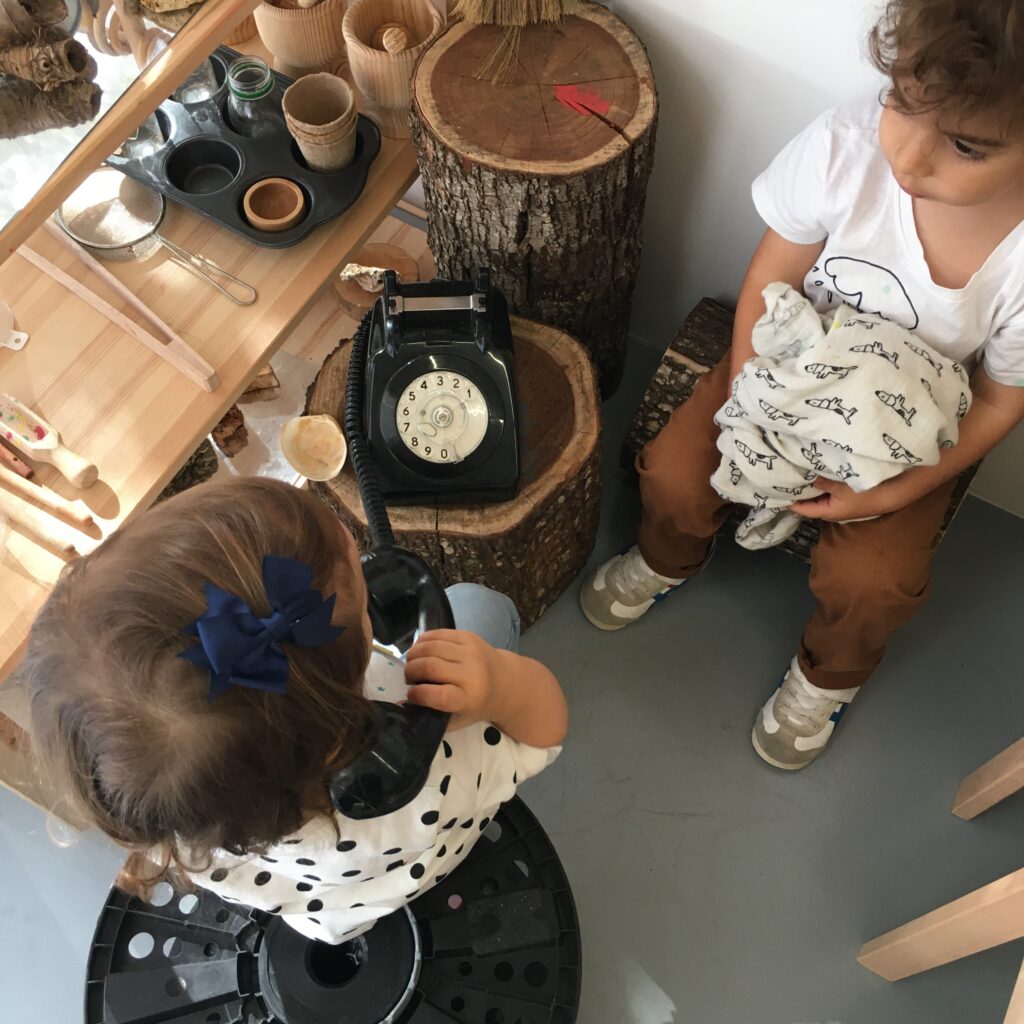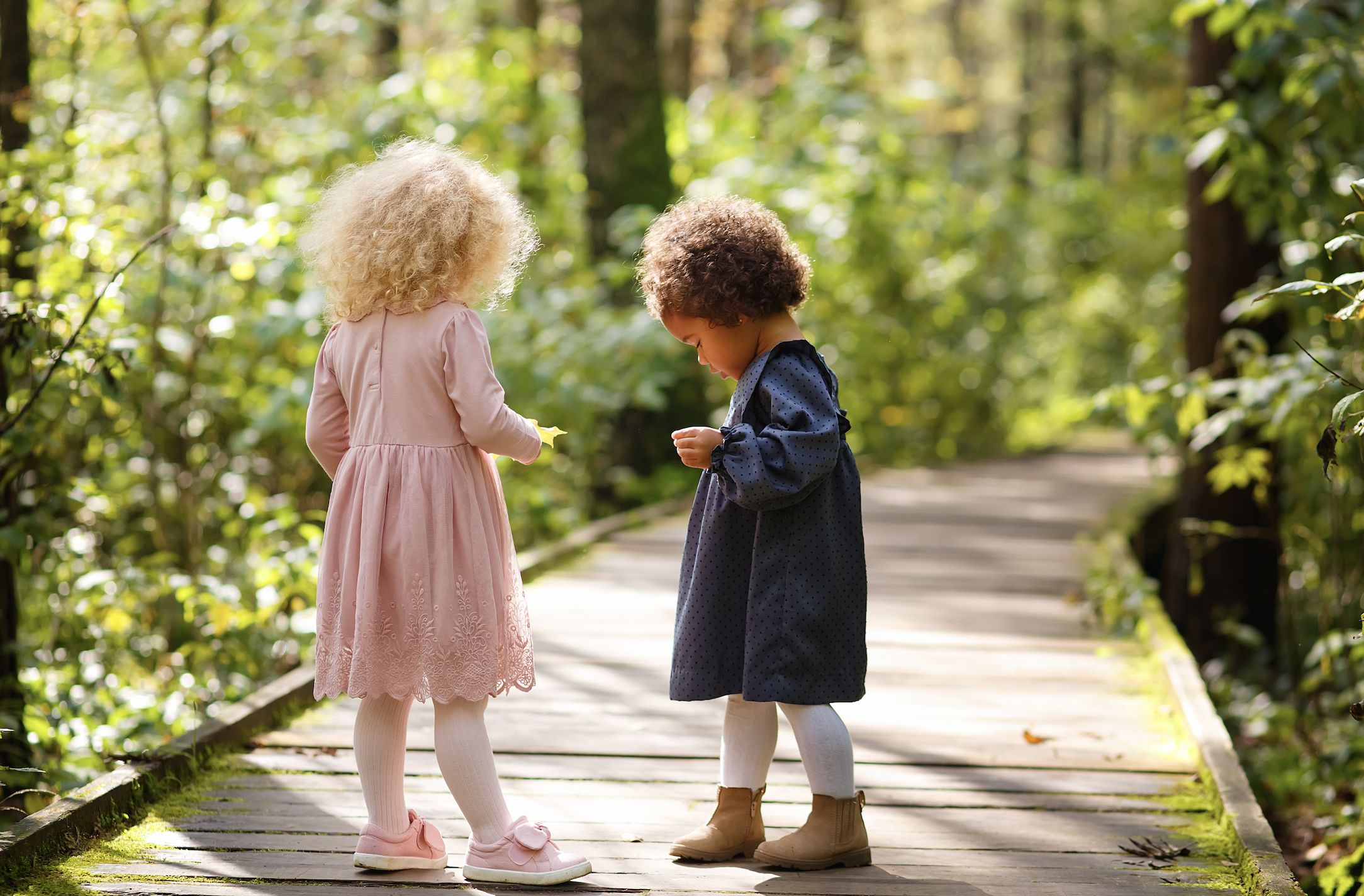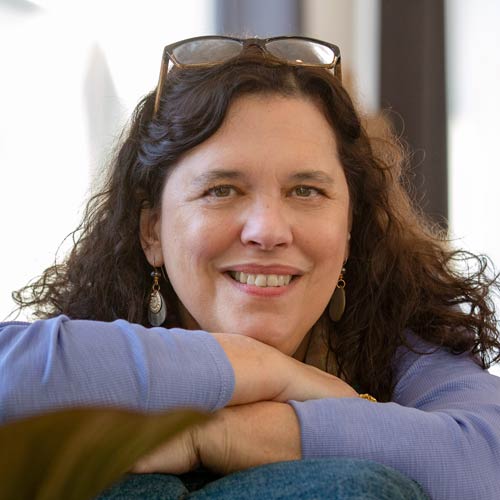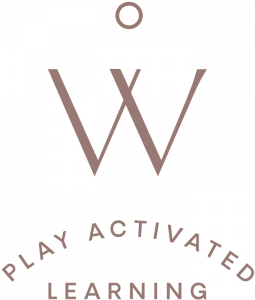When I was a kindergarten teacher, I had a list of academic skills that my school system declared essential before a child could become a first grader.
These academic skills were more important than learning how to navigate being in a community – resolving conflicts, negotiating differences, solving problems of shared materials and space, and more.
And yet, as we go through life, what’s more important: knowing how to recite a list of facts (or pass a test)… or knowing how to get along with others in a complex and challenging world?
I would argue that academic skills aren’t useful unless we can apply them effectively within the social environment in which we live.
The fact is, humans are wired to be social. We are not only driven by connection with others, but we need it in order to thrive. Social connection (love and belonging) is one of the first three needs (after physical and safety needs) in Maslow’s Hierarchy.
Play is where children learn how to be social.
When children are playing with friends – they are noticing social cues, listening, and relating to someone else’s ideas. Play also offers children opportunities to share ideas and express feelings.
Play is the great connector!
And yet, unfortunately, play is disappearing from our early childhood classrooms at an alarming rate. There is this race for early academic skills so children are “ready.” Ready for what? Kindergarten? Big kid school? At what cost?
In traditional education there is a devastating assumption that if children aren’t involved in a teacher-planned, rote activity – they aren’t going to learn or develop to their fullest potential.
But if you think about it, children doing teacher-directed activities and worksheets minimizes the conflict and problem-solving in a classroom – for the teacher – while stealing valuable opportunities for children to learn critical social skills that will serve them throughout their lives.
Let’s look at this through a practical lens in a typical teacher-directed space, where everything is pre-planned.
The teacher directs where the children go and who they will play with. Even the play activities are pre-scripted. Choice is removed.
- The art center has a teacher-determined activity. Bobby and Clare’s group are at the center as directed by the teacher.
- Bobby grabs Clare’s glue. Clare screams and then starts crying.
- The teacher is noticing that Bobby and Clare get into arguments everyday. Bobby grabs Clare’s materials and Clare screams.
- The teacher’s solution is easy. Just separate them into different groups.
So, this solves the problem for who?
The truth of the matter is this steals a very powerful and potent opportunity for Bobby and Clare to practice solving problems together.
While it may seem easier for the educator in the moment – despite the fact that they will likely have to keep solving “the problem” over and over again – it ultimately takes away exactly what Bobby and Clare need most: time to practice and learn how to negotiate and express their thoughts and feelings in relationship to others.
Obviously we would never consciously steal this opportunity from children, but nevertheless, when we override childrens’ potential problem-solving moments with teacher-directed groups and activities, we DO steal an opportunity to learn.
- If we solve Clare’s upset for her, she loses the opportunity to speak her truth and learn how to be assertive. It takes time and practice to express your feelings. (I, for one, was never given the opportunity to solve my own problems as a young child – and as a result I still struggle when there is an upset or conflict. Can you relate?)
- If we manage Bobby so he can’t bother Clare, he loses the opportunity to see how his behavior impacts Clare and those around him. It is these kinds of conflicts where self-regulation is learned.
- There is also a dangerous assumption that Bobby and Clare do not get along. Yet it could be as simple as Bobby has yet to learn how to communicate his feelings and actually wants more play time with Clare.
This is why child-led, play-based classrooms provide a rich environment for children to practice problem-solving skills that they will use for the rest of their lives.
Clearly, in play, children develop socially. In the process of playing, children learn how to cooperate and self-regulate. Play powerfully supports children in building and nurturing social competence.

IMPORTANT! As educators, of course we provide support for children in conflict resolution. The key shift is to give children space to problem solve first, and then provide support if needed.
The bottom line is that play-based education provides the space for self-motivated choices.
It is based on the trust (backed up by biology) that a child’s play interest is hardwired to their developmental needs at that time.
And a child’s interest (choice) drives play, which drives development, both socially and academically.
Here are some questions for you to ponder today:
- Do you think children have the capacity to work things out?
- Do you feel a need to solve conflicts as quickly as possible?
- Reflect on being a child: did you get opportunities to solve problems you were capable of solving? How has this affected you throughout your life?
You are forming the foundation for a child’s social and emotional life – which, as we’ve seen, is every bit as important as their academic knowledge and skill.
Thank you for “playing” such an important role in a child’s life, today and every day!
References
Brown, Stuart (2010) Play: How it Shapes the Brain, Opens the Imagination, and Invigorates the Soul, Avery
Pellegrini, Anthony (2009) The Role of Play in Human Development, Oxford University Press



